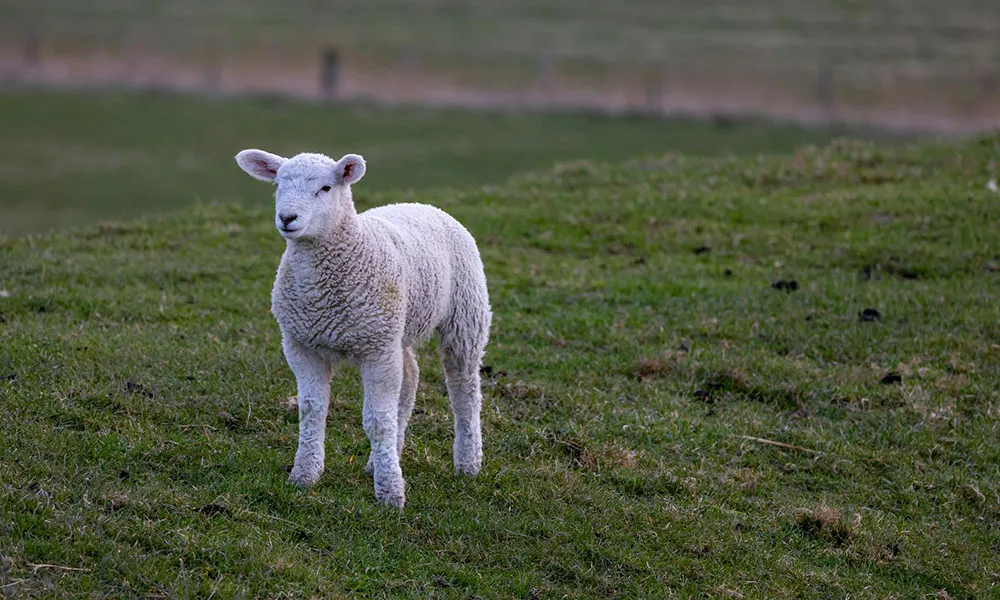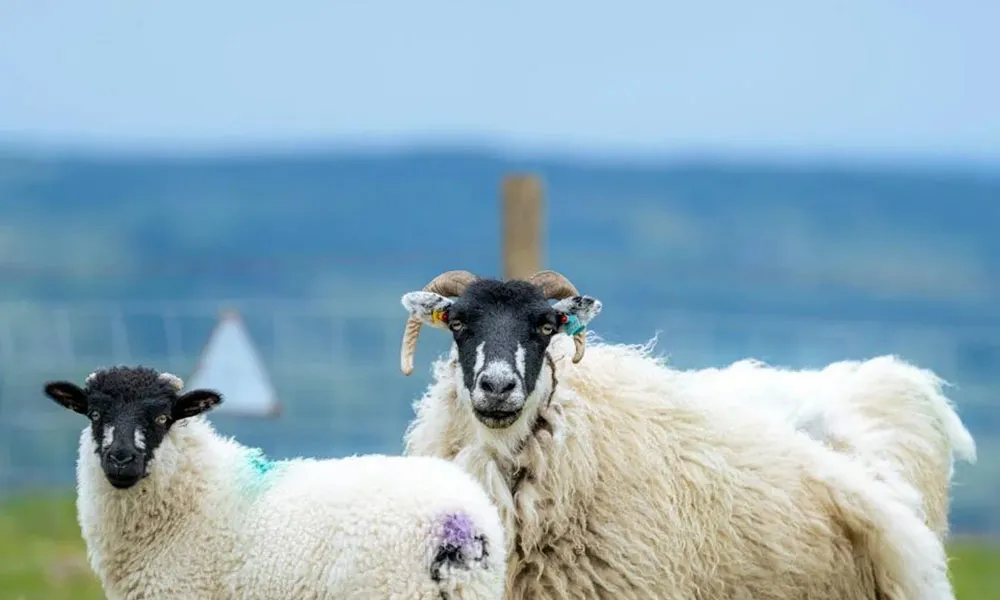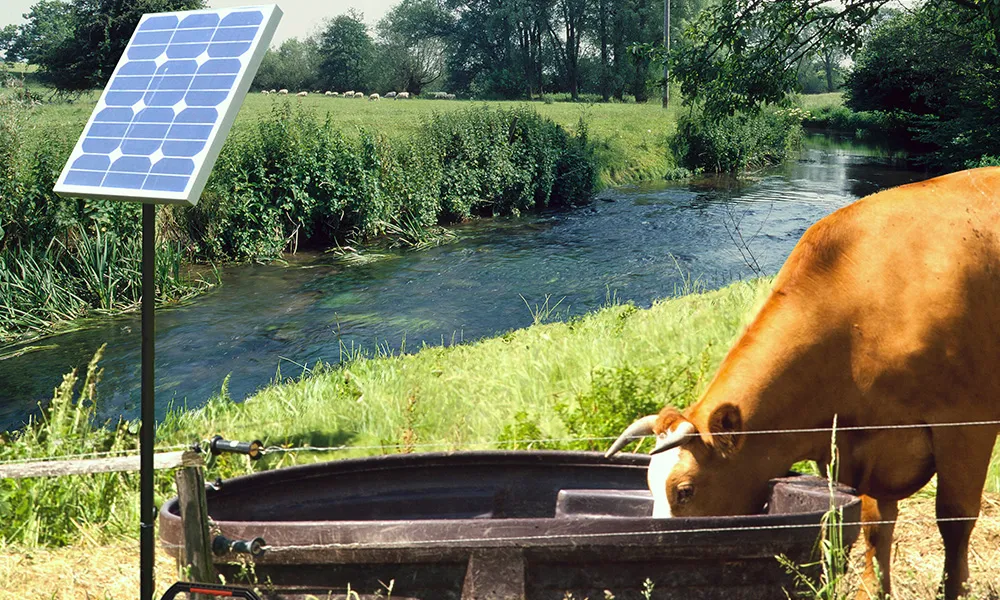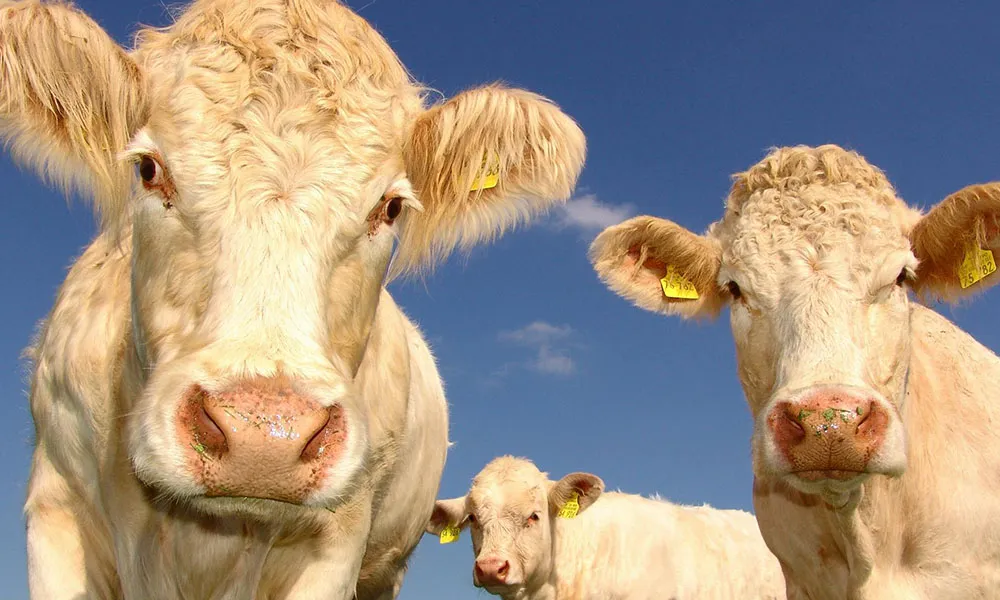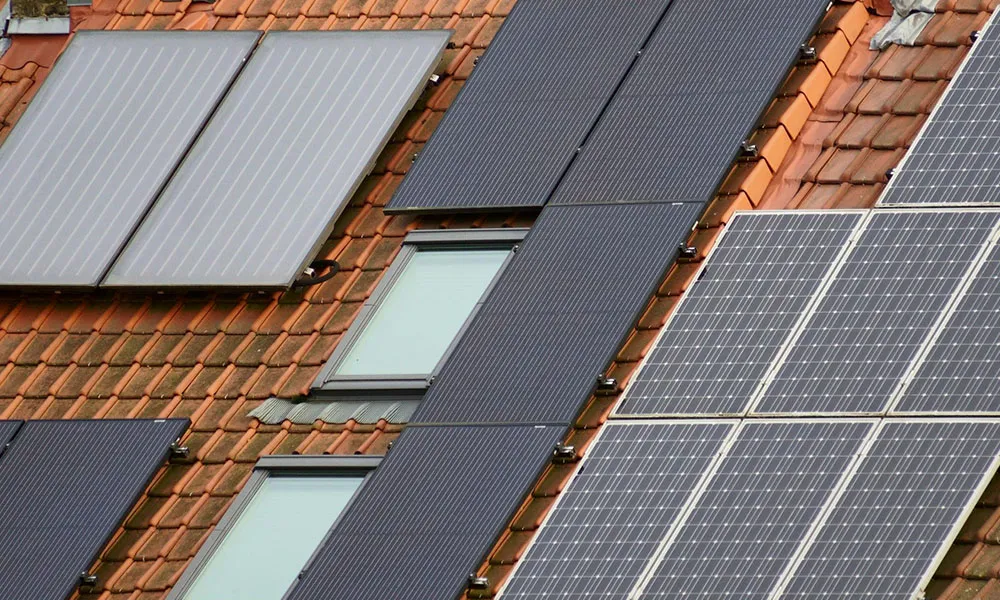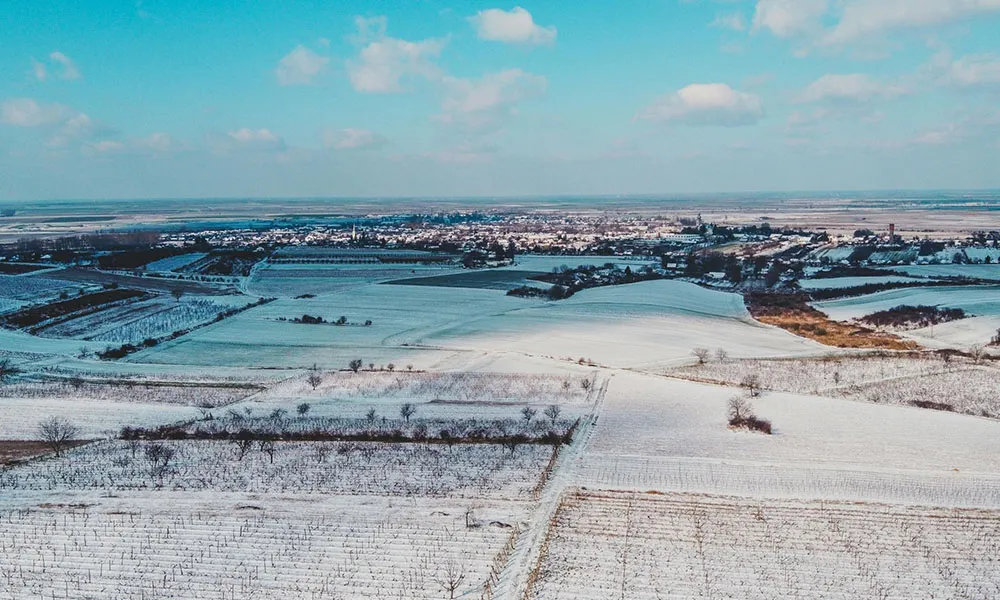
Agridirect.ie discusses the record levels of destruction in the Amazon rainforest, and explains why this devastation necessitates that the EU-Mercosur trade deal must be scrapped.
New data emerging from Brazil shows that there were record levels of destruction in the Brazilian rainforest in the first seven months of the year. Since the election of the extreme right wing former military general Jair Bolsonaro as president, Brazil’s government has pursued an aggressive deforestation agenda in the Amazon, felling massive chunks of the world’s largest and most important rainforest in the name of industry.
The sacrificial lambs to this policy have been Brazil’s persecuted indigenous peoples, who are subjected to a litany of human rights abuses while having their homes unceremoniously demolished; and, more broadly, the global environment. The Amazon is an enormous carbon sink, often described as the lungs of the world. Its destruction all but dooms the world to devastating increases in carbon emissions, compounding the greenhouse effect and accelerating climate change.
Among the major beneficiaries of Bolsonaro’s rainforest policy – which is suicidal for humanity – is Brazil’s massive beef industry. As the great trees and flora of the Amazon are hacked away, space is created for new grazing lands, enabling Brazil to expand its national herd and target new markets for its beef exports. Brazil’s beef barons are rubbing their hands with glee.
All of this will surely rankle with Irish farmers, since Ireland – another major beef producer – is now set to reduce its national herd and, by extension, its beef output. This is because Ireland, in stark contrast to Bolsonaro’s Brazil, is fully committed to meeting its climate targets as set out under the Paris Climate Accord. It is easy to see things from the farmers’ perspective. What is the point, they ask, in Ireland reducing or capping its national herd if, by reducing our beef output, we are leaving a gap in the market that will only be filled by Brazilian beef produced at the cost of the world’s lungs? Climate change is a global problem, after all. It does not recognise boundaries.
In reality, then, Ireland’s commitment to reducing its agricultural emissions, and in particular those of the beef sector, can only be meaningful if Brazil and other beef producing nations, such as the USA, are willing to make the same commitment. Indeed, a universal reduction in global beef production, which would make beef more of a luxury food item on the international market, would not necessarily be a bad thing for farmers. The basic principle of free market capitalism is that restricted supply and high demand leads to higher prices. In a scenario of reduced global beef production, farmers may be rearing fewer animals for slaughter, but they would likely get a much higher price for them.
However, here is the major caveat. Even as it is encouraging Ireland to reduce its national herd in order to meet climate targets, the European Commission is ploughing ahead with its long-held intention to complete a trade deal with the Mercosur countries, of which Brazil is the major economic player. And while there have been dissenting voices from within the commission about the need to include side-letters that place environmental restrictions on Brazil around deforestation, does anyone seriously trust a Bolsonaro government, renowned for sleaze and corruption, to abide by these restrictions once the deal is ratified?
Here is the harsh truth. Ireland’s climate targets for the agricultural sector will prove fruitless, unless the Mercosur deal dies. But does the EU have the courage, or the will, to kill it?





